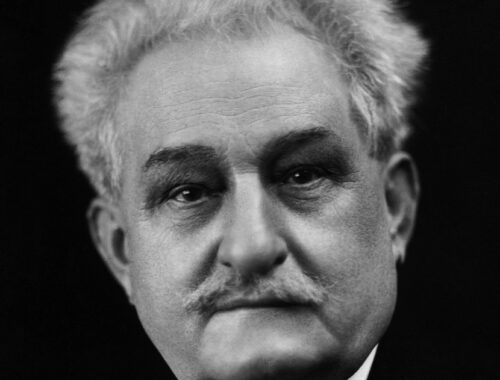Verdi “Aida”, Royal Opera House
David McVicar’s darkly primitivist Aida was a necessary antidote to the whole tedious tradition of sub-De Mille spectacle in this piece. The cleverest thing about his staging – and I cannot for the life of me work out why it was greeted with such derision on its first outing – is that it honours the operatic grandiosity of Verdi’s camply picturesque Egypt but feeds big-time on the pagan rituals and inter-ethnic barbarity. The celebrated “Triumphal Scene” is played out under a canopy of mutilated corpses hanging like so many butchered carcasses in an abattoir; the “decorative” ballets (brilliant choreography here from Fin Walker) take on an almost comical eroticism or high-testosterone machismo with still sweaty and bloodied swordsmen grunting through their slice and dice techniques.
And just as the warriors here are pointedly non time or place specific – Egyptian, Aztec, Samurai – so too are the beaten metallic surfaces of Jean-Marc Puissant’s abstract “installation-like” sets established at the start with a wonderfully mysterious image of a god-like warrior maintaining a lone vigil before a revolving wall in which encrusted steel lances are neon lit like the rays of the rising sun.
The wilfuly erotic scene of ritual mutilation was obviously too much for my neighbours who left at the interval – but were they also immune to the musical values, the visceral thrills and fabulous finesse of Fabio Luisi’s conducting driving a revival which knocked spots off last year’s premiere performances. The original Aida, Micaela Carosi, whose Italianate tinta did not extend to the required vocal range, had withdrawn and was replaced by Liudmyla Monastryrska – a young Russian whose sumptuous instrument carried its dusky complexion and girth up to thrilling high Bs and Cs and who floated the Nile scene music with gorgeous fullness of tone. Ok, so the words were pretty opaque – but that can be worked on.
She was more than a match for her hated rival Amneris – the imperious Olga Borodina – whose rarest of voices was put at the service of an artistry that was a far cry from the pneumatic bellowing we normally hear in the role. Roberto Alagna (Radames) may now lack the finesse for his aria, opting for the easier ossia at the close of it, but he more than delivers on the grainy trumpet-toned heroics and that’s pretty much what counts here. Michael Volle was an equally sonorous Amonasro.
So, as good an Aida as I’ve heard in a long time – and pace the McVicar naysayers who want the pyramids and elephants back.
You May Also Like

GRAMOPHONE Review: Richard Rodney Bennett Orchestral Works Vol. 2 – BBC Scottish Symphony Orchestra/Wilson
15/09/2018
BBC Radio 2 Arts Show with Claudia Winkleman
12/10/2014